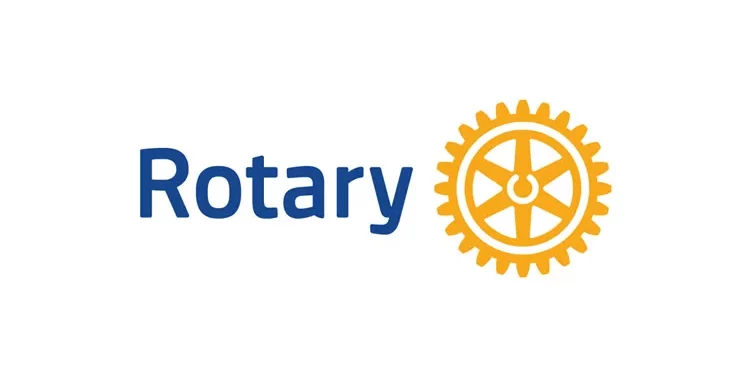The Rotary Club of Abuja Imperial, in collaboration with medical and public health partners, has delivered critical maternal and child health services to underserved residents of Jikwoyi, Abuja, reaching over 450 women and children.
Held at the Jikwoyi Stadium yesterday, the community outreach provided free health talks, medical consultations, antenatal and malaria services, family planning, cervical cancer screening, HIV and hepatitis testing, adolescent health education, and immunizations.
Charter President of the Rotary Club of Abuja Imperial, Rotarian Adedotun Amori, said the initiative was in line with Rotary International’s commitment to maternal and child health.
“It is imperative for us to carry out projects that will save the lives of mothers and children, especially those in underserved communities,” he said.
Amori noted that Jikwoyi was selected due to its large population and high concentration of underserved residents in the Karu Ward.
“We aimed to reach about 300 women and adolescent girls — including 100 pregnant women, 100 adolescent girls, and 150 lactating mothers — along with 150 children under five,” he stated.
The outreach addressed key health issues such as malaria in pregnancy, anemia, and child malnutrition.
“Children were screened for malnutrition, and mothers were taught how to prepare nutritious meals using locally available foods,” he added.
Adolescent health was also prioritized, with a focus on sexual and reproductive health education, menstrual hygiene, and voluntary services for girls aged 15 to 19.
Voluntary family planning services and cervical cancer screenings were offered in collaboration with partners including the Medical Women’s Association of Nigeria (FCT Branch), Medicaid Cancer Foundation, MSI Nigeria Reproductive Choices, and TIKO. Immunization services were provided for infants and young children.
Amori stressed the importance of collaboration with government agencies, noting that the programme was conducted in partnership with the FCT Primary Health Care Board.
“We’re working as partners in progress to ensure beneficiaries are linked to the public health system for continued care,” he said.
A structured referral system was also put in place to ensure follow-up for those diagnosed with health conditions during the outreach.
“Primary health care officials are on ground to facilitate referrals and ensure access to treatment,” he said.
On privacy concerns for adolescents seeking sensitive services such as HIV screening and reproductive health counselling, Amori assured that sessions were handled by expert organisations with a strong track record in maintaining confidentiality.
“We want to bring primary health care closer to pregnant women and mothers, teaching them to care for themselves and their children,” he added.
Rotarian Amori noted that similar outreaches had previously been held in Karu and Karmajigi, and would continue in other underserved communities.
In her opening remarks, the Acting Executive Secretary of the FCT Primary Health Care Board, Dr Rukayat Wamakko, commended the initiative and emphasized the importance of reaching vulnerable populations — including women, children, people living with disabilities, and children with special needs.
“We are gathered here today to celebrate safe motherhood — a day recognised and celebrated globally. And here in the FCT, we are celebrating it with our mothers in urban, semi-urban, and rural communities. This event reminds us that whatever we do must center around our communities,” she said.
She acknowledged the support of traditional leaders, particularly the Chief of Jikwoyi, as well as community stakeholders and local authorities.
“To enter a community, you must engage its traditions. We thank the traditional council and all who have made this possible.”
Dr. Wamakko also praised the efforts of nurses, midwives, doctors, and pharmacists who contributed to the outreach, along with supporting partners from academia and civil society.
One of the adolescent beneficiaries, Michael Loveth, shared her experience. “Both the adolescent health talk and the screening were so helpful. Yes, I felt very comfortable discussing issues like menstruation and reproductive health. I think more adults and health workers need to understand the importance of young girls checking their health status and attending programs like this because it’s so beneficial to everyone,” she said.
The outreach highlighted the power of partnership in advancing community health and addressing Nigeria’s maternal and child health challenges.



